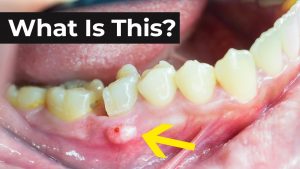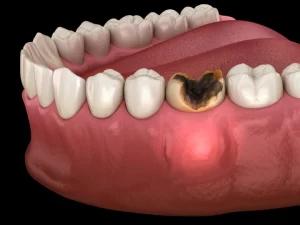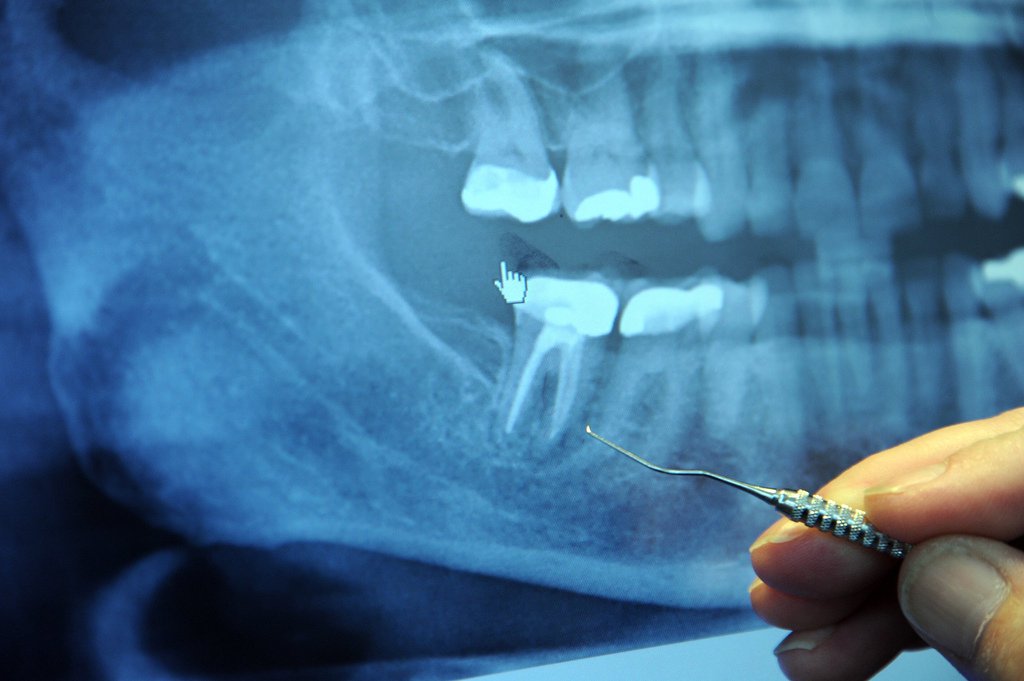Can a Tooth Infection Go Away on Its Own?
Understanding Tooth Infections
A tooth infection, also known as a dental abscess, is a painful condition that occurs when bacteria invade the pulp of a tooth. The pulp is the soft inner part of the tooth that contains nerves, blood vessels, and connective tissue. When the bacteria enter the pulp, they can multiply and cause an accumulation of pus, leading to swelling and inflammation. If left untreated, a tooth infection can have serious consequences for oral health and overall well-being.
Symptoms of a Tooth Infection
Recognizing the symptoms of a tooth infection is crucial to seek prompt dental care. The following signs may indicate a dental abscess:
1. Severe Toothache:
The most common symptom of a tooth infection is a throbbing and persistent toothache, which can be extremely painful.
2. Swelling:
You may notice swelling in the face, cheeks, or around the affected tooth due to the accumulation of pus.
3. Sensitivity to Temperature:
The infected tooth may become sensitive to hot or cold temperatures, causing discomfort while eating or drinking.
4. Bad Breath and Unpleasant Taste:
The pus from the abscess can emit a foul odor and leave a bad taste in your mouth.
5. Fever:
In severe cases, a tooth infection can lead to a fever, indicating that the infection may be spreading.
Can a Tooth Infection Heal Without Treatment?
In some rare cases, a tooth infection may seem to improve on its own without any intervention. The body’s immune system can sometimes fight off the infection, leading to a temporary reduction in symptoms. However, this doesn’t mean the infection has entirely disappeared.

Factors Influencing Spontaneous Healing
Several factors can influence whether a tooth infection will go away on its own or worsen over time:
1. Immune System Response:
Each person’s immune system differs in strength and efficiency. A robust immune response may be able to suppress the infection temporarily.
2. Size of the Abscess:
The size of the dental abscess plays a role in the body’s ability to fight it off. Smaller abscesses may be more likely to resolve without treatment.
3. Underlying Health Conditions:
Individuals with underlying health conditions that compromise their immune system may find it harder to fight off the infection.
4. Oral Hygiene:
Maintaining good oral hygiene practices, such as regular brushing, flossing, and using mouthwash, can aid the body’s natural defenses in managing the infection.
The Dangers of Ignoring a Tooth Infection
While it may seem tempting to wait and see if the infection resolves on its own, this can be a risky decision. Tooth infections can progress and lead to severe complications if left untreated.
1. Spread of Infection:
Dental abscesses can spread to nearby tissues and bones, leading to cellulitis, a potentially life-threatening condition.
2. Formation of a Dental Cyst:
If the infection persists, a dental cyst may form, requiring more extensive dental procedures to treat.
3. Tooth Loss:
Untreated tooth infections can cause irreversible damage to the tooth and its surrounding structures, ultimately leading to tooth loss.
4. Systemic Complications:
In severe cases, the infection can enter the bloodstream, potentially affecting other parts of the body and leading to systemic health issues.
When to Seek Professional Treatment
Regardless of the factors that may contribute to spontaneous healing, it is essential to seek professional dental care if you suspect a tooth infection. Dentists are trained to identify and treat dental abscesses properly.
1. Persistent Pain:
If you are experiencing persistent or worsening tooth pain, it’s crucial to schedule an appointment with your dentist.
2. Swelling and Fever:
If you notice swelling in your face, cheeks, or fever, it may be an indication of a severe infection that requires immediate attention.
3. Difficulty Swallowing or Breathing:
In rare cases, a tooth infection can become so severe that it affects your ability to swallow or breathe. This is a medical emergency, and you should seek immediate medical help.

Treatment for Tooth Infections
1. Drainage of the Abscess:
The first step in treating a dental abscess is to drain the pus and relieve pressure. This is typically done by making a small incision in the abscess.
2. Root Canal Treatment:
After draining the abscess, your dentist may recommend a root canal procedure to remove the infected pulp and save the tooth. https://kickassdental.com.au/
3. Antibiotics:
In some cases, your dentist may prescribe antibiotics to help control the infection and prevent it from spreading further.
4. Tooth Extraction:
If the tooth is severely damaged and cannot be saved, your dentist may opt for extraction to prevent the infection from spreading.
Preventing Tooth Infections
Prevention is always better than cure. Here are some tips to help reduce the risk of tooth infections:
1. Maintain Good Oral Hygiene:
Brush your teeth at least twice a day, floss regularly, and use mouthwash to remove plaque and bacteria.
2. Visit Your Dentist Regularly:
Schedule regular dental check-ups to identify and treat any dental issues early.
3. Avoid Sugary Foods and Drinks:
Limit your consumption of sugary foods and drinks that can contribute to tooth decay.
4. Wear a Mouthguard:
If you participate in sports or grind your teeth at night, wearing a mouthguard can protect your teeth from damage.
Conclusion
In summary, while some tooth infections may appear to improve on their own, it is not advisable to rely on spontaneous healing. Ignoring a tooth infection can lead to severe complications and jeopardize your oral and overall health. Seeking professional dental care promptly is crucial to properly treat the infection and prevent further complications. Remember, prevention is key, so maintain good oral hygiene and visit your dentist regularly to keep your smile healthy and infection-free.





